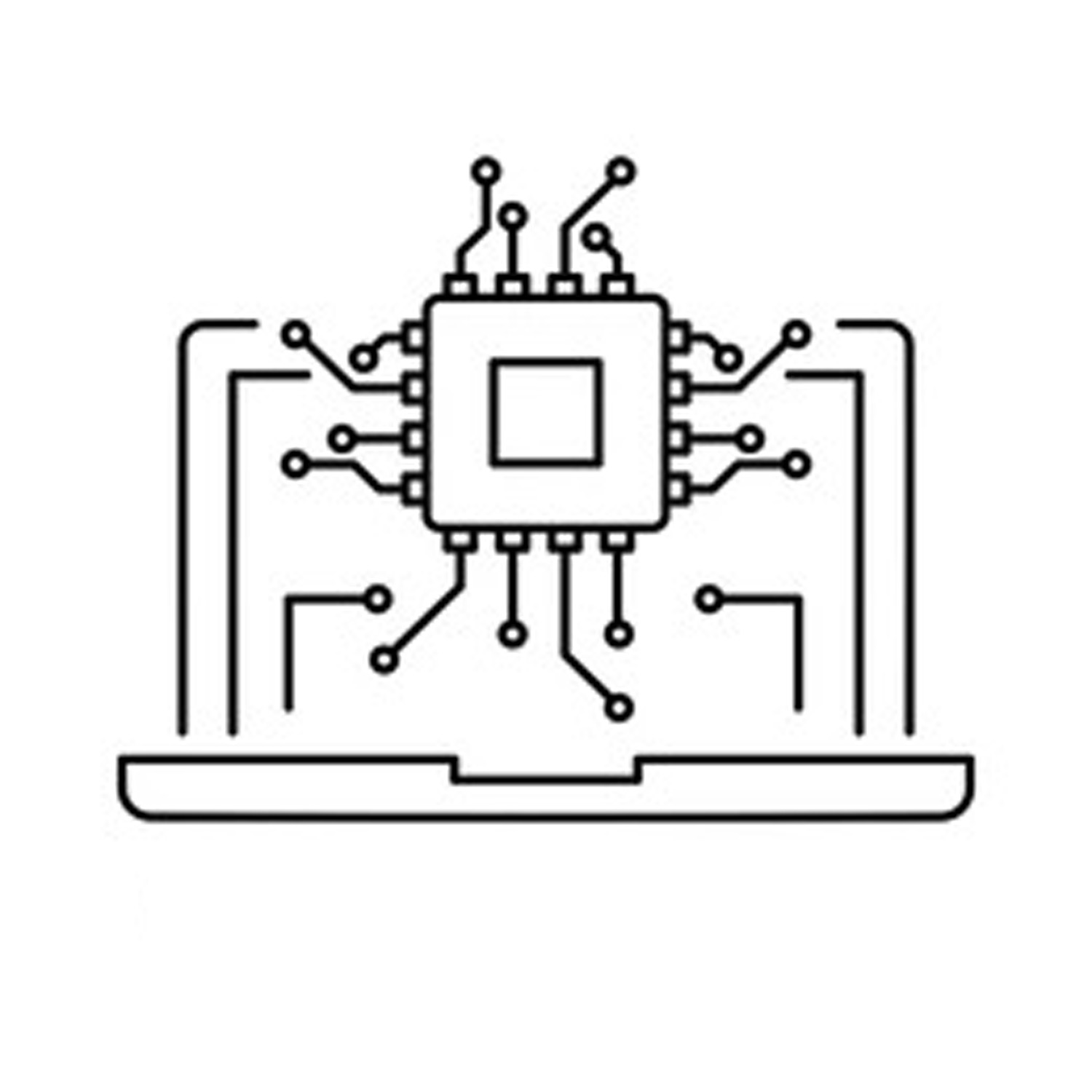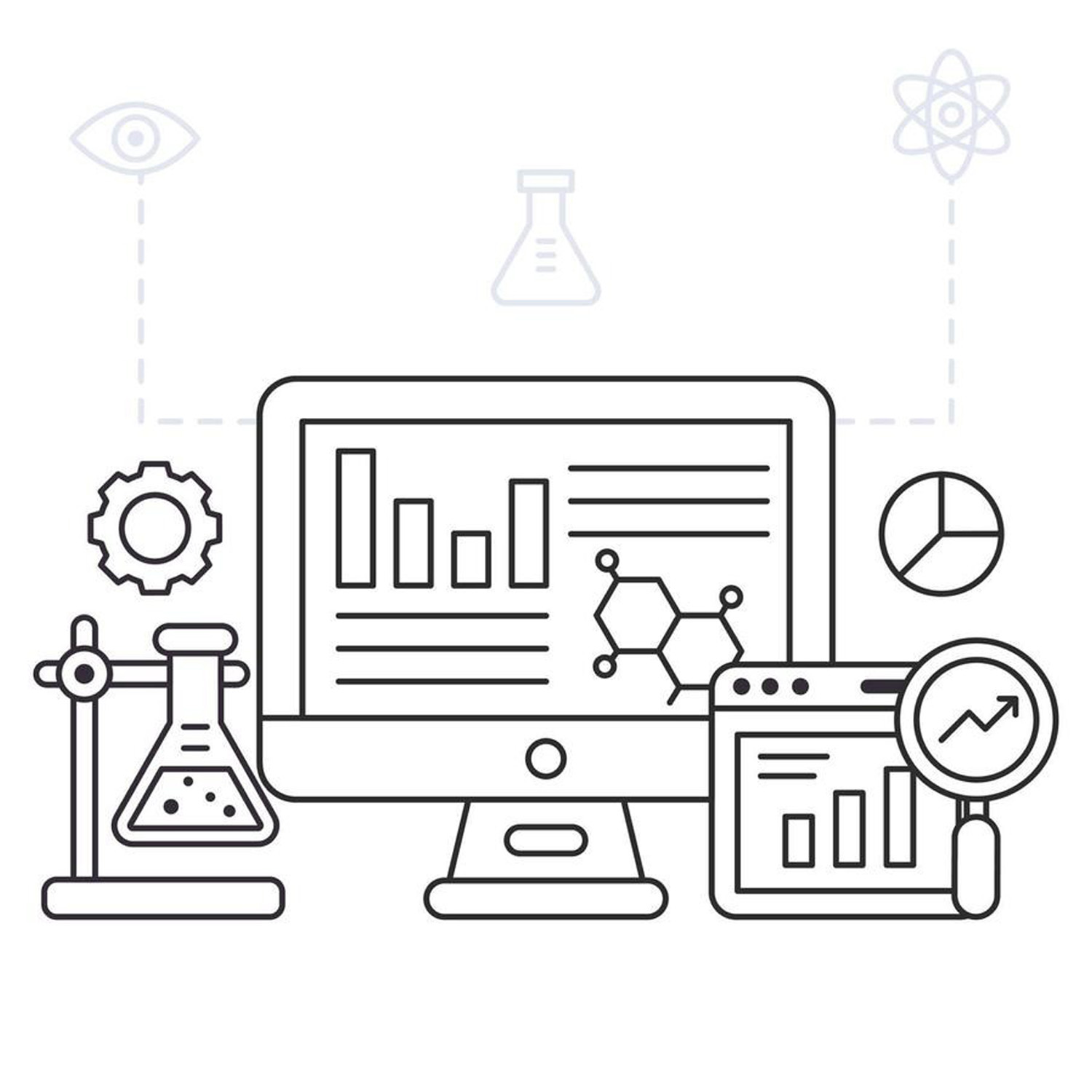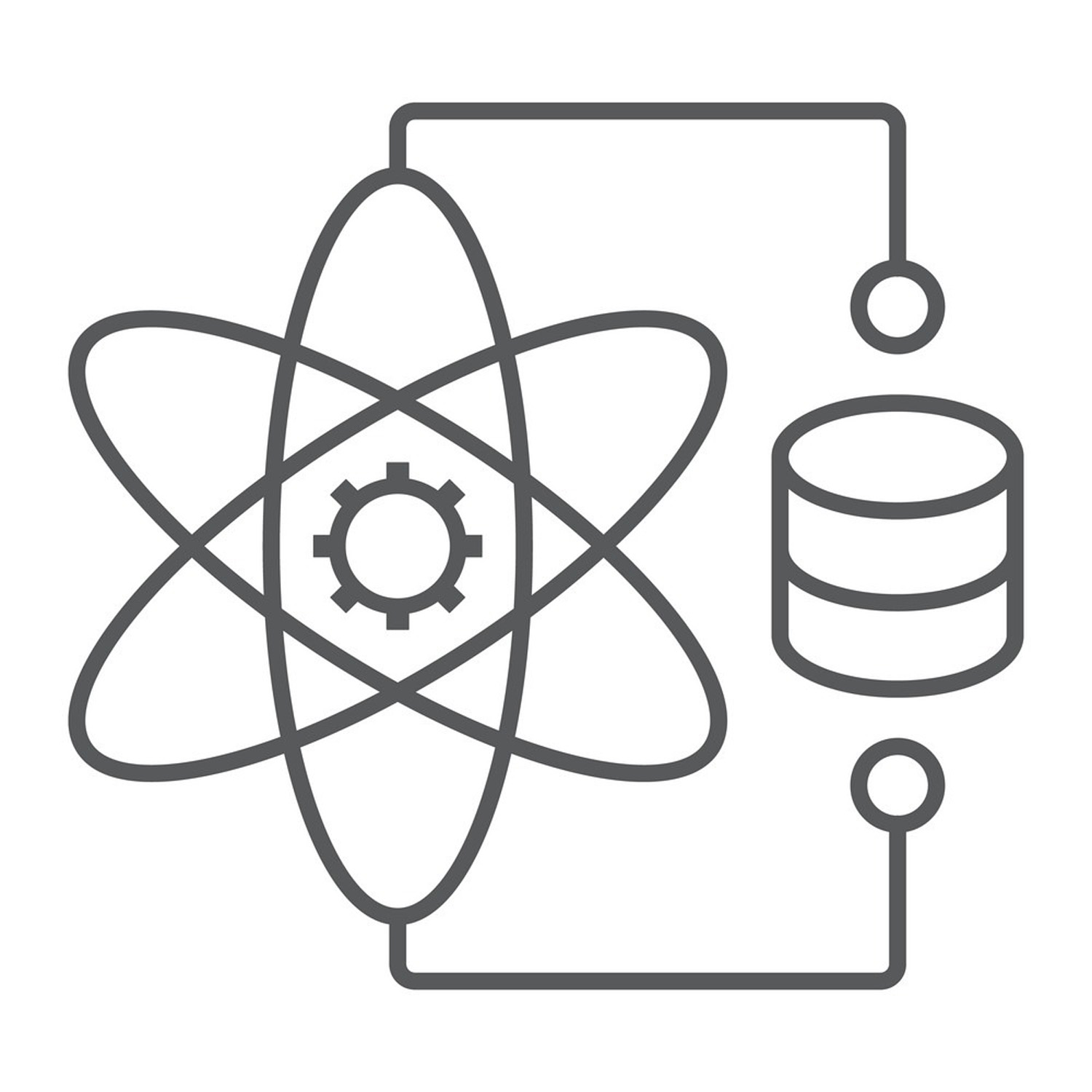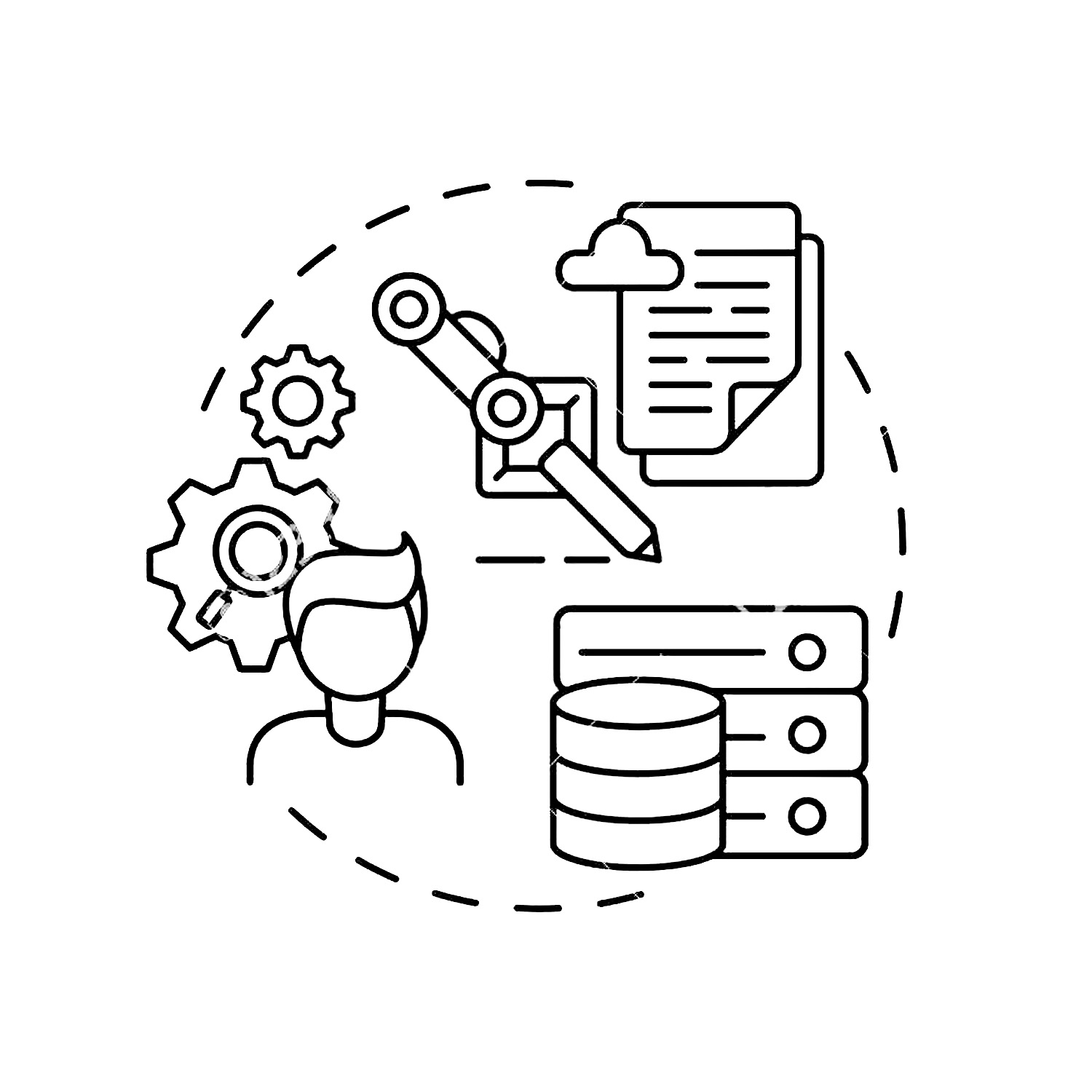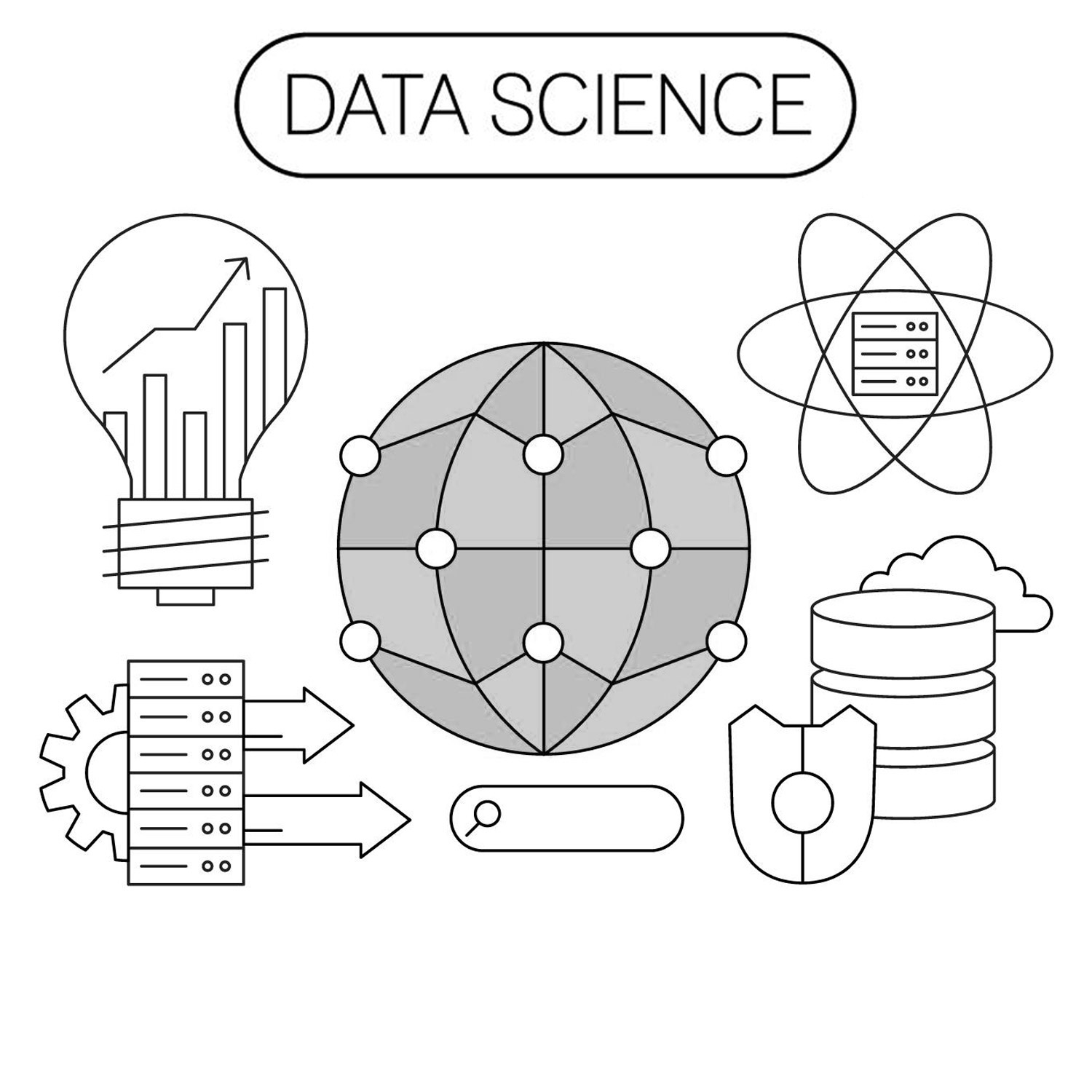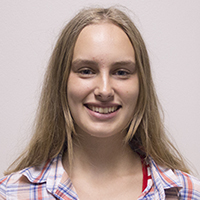WHO WE ARE
WE TEACH ABOUT DIGITAL MARKETING
At We Teach About Digital Marketing, we empower individuals and businesses with the knowledge and skills to succeed in the digital world.
Our mission is simple — to turn beginners into digital experts who can confidently create, manage, and grow an online presence.

STUDENTS CURRENTLY STUDYING WITH US...
Popular Listings
Key Topics We Cover

1. Search Engine Optimization (SEO)
Learn how to make websites rank higher and reach the right audience with our in-depth SEO training.
At We Teach About Digital Marketing, our SEO course helps you master the art and science of optimizing websites for search engines like Google, Bing, and Yahoo. You’ll learn proven techniques that drive organic traffic, increase visibility, and grow brand credibility — without spending on ads.
What You’ll Learn
SEO Fundamentals – Understand how search engines work and what affects rankings.
Keyword Research – Find high-performing keywords that attract your target audience.
On-Page Optimization – Master title tags, meta descriptions, headings, and content structure.
Off-Page SEO – Learn link building, guest posting, and authority growth strategies.
Technical SEO – Improve site speed, mobile friendliness, and crawlability.
Local SEO – Optimize Google My Business and local listings for nearby customers.
Analytics & Reporting – Track performance using Google Analytics and Search Console.
Why Learn SEO With Us
Practical, hands-on learning with live projects
Up-to-date strategies aligned with Google’s latest algorithms
Guidance from industry experts
Certificates upon completion

2. Social Media Marketing
(Facebook, Instagram, LinkedIn, YouTube)
Learn how to build brands, engage audiences, and drive results through the power of social media.
At We Teach About Digital Marketing, our Social Media Marketing course helps you master strategies that turn followers into loyal customers. Whether you want to promote a business, grow a personal brand, or manage client campaigns, this training gives you the skills and confidence to succeed across all major platforms.
What You’ll Learn
Social Media Strategy – Learn how to create a content plan that aligns with your brand goals.
Facebook Marketing – Run paid and organic campaigns that boost reach, engagement, and conversions.
Instagram Marketing – Build a strong visual identity, use reels, hashtags, and influencer marketing effectively.
LinkedIn Marketing – Grow your professional network and attract high-quality B2B leads.
YouTube Marketing – Create engaging video content, optimize titles and tags, and grow subscribers.
Content Creation & Scheduling – Learn tools for designing, writing, and scheduling high-impact posts.
Analytics & Insights – Understand social metrics to measure success and improve results.
Why Learn Social Media Marketing With Us
Learn real-world campaign creation and ad management
Discover platform-specific best practices
Get hands-on with tools like Meta Business Suite, Canva, and Hootsuite
Build a portfolio of social media strategies for your career or business

3. Google Ads & PPC Campaigns
Master the art of paid advertising and drive instant traffic, leads, and sales with Google Ads and Pay-Per-Click (PPC) campaigns.
At We Teach About Digital Marketing, our Google Ads & PPC course helps you understand how to create, manage, and optimize ad campaigns that deliver measurable results. You’ll learn to spend smartly, target the right audience, and get the best ROI from every click.
What You’ll Learn
Introduction to Google Ads – Understand how paid search works and why PPC is essential for business growth.
Campaign Setup – Step-by-step guidance on creating Search, Display, Shopping, and Video campaigns.
Keyword Targeting – Learn to use keyword match types, bidding strategies, and negative keywords effectively.
Ad Copywriting – Create compelling, click-worthy ads that attract and convert customers.
Audience Targeting – Reach the right people using demographics, interests, and remarketing tactics.
Budgeting & Bidding Strategies – Learn how to set, control, and optimize ad spend for better ROI.
Performance Tracking – Measure success using Google Analytics, Conversion Tracking, and Quality Score insights.
Why Learn Google Ads With Us
Practical, live campaign experience
Hands-on training with real ad accounts
Learn to analyze results and reduce cost per click (CPC)
Certificate and campaign optimization skills for freelancing or job roles

4. Content Marketing & Copywriting
Learn how to create powerful content that connects, engages, and converts.
At We Teach About Digital Marketing, our Content Marketing & Copywriting course teaches you how to tell stories that attract audiences and drive business results. From blog posts and social media captions to ad copy and email campaigns, you’ll master the art of writing content that builds trust and inspires action.
What You’ll Learn
Content Strategy – Understand how to plan, create, and distribute content that aligns with your marketing goals.
Copywriting Fundamentals – Learn the psychology behind persuasive writing and how to craft messages that sell.
Blog & Article Writing – Develop SEO-friendly content that drives organic traffic and authority.
Social Media Copywriting – Write engaging captions, hooks, and CTAs for different platforms.
Email Marketing Copy – Create subject lines and newsletters that boost open and click rates.
Storytelling for Brands – Use emotional storytelling to make your brand memorable.
Content Optimization – Learn to use keywords naturally and improve readability for better search performance.
Why Learn Content Marketing With Us
Real-world writing exercises and feedback
Learn from industry-experienced writers and marketers
Hands-on projects to build your content portfolio
Develop skills that help in blogging, freelancing, and brand management

5. Email Marketing & Automation
Build meaningful customer relationships and boost conversions through powerful email campaigns and smart automation.
At We Teach About Digital Marketing, our Email Marketing & Automation course teaches you how to craft high-performing emails that engage, nurture, and convert your audience. You’ll also learn to automate your campaigns to save time and deliver the right message at the right moment.
What You’ll Learn
Email Marketing Basics – Understand how email marketing works and why it’s one of the most effective digital channels.
Building Email Lists – Learn ethical ways to grow your subscriber base with quality leads.
Email Design & Copywriting – Create beautiful, mobile-friendly emails with attention-grabbing subject lines and impactful content.
Segmentation & Personalization – Deliver tailored messages to different audience groups for better engagement.
Automation Workflows – Set up welcome series, drip campaigns, and re-engagement sequences using tools like Mailchimp or HubSpot.
A/B Testing & Analytics – Test subject lines, content, and timing to improve open and click rates.
Compliance & Best Practices – Understand GDPR, CAN-SPAM, and ethical emailing guidelines.
Why Learn Email Marketing With Us
Hands-on training with leading email tools and CRMs
Real campaign creation experience
Learn to automate marketing tasks and save time
Practical insights to increase engagement and conversion rates

6. Website Strategy & Analytics
Learn how to plan, design, and analyze websites that attract visitors, deliver great experiences, and drive measurable results.
At We Teach About Digital Marketing, our Website Strategy & Analytics course helps you understand what makes a website successful — from user experience and content flow to performance tracking and data-driven decision-making. You’ll gain the skills to build or manage websites that convert traffic into customers.
What You’ll Learn
Website Planning & Structure – Learn how to create a clear website strategy aligned with business goals.
User Experience (UX) & Design Principles – Understand how layout, navigation, and design impact visitor engagement.
Content Strategy for Websites – Create effective homepage, landing page, and blog content that converts.
Conversion Rate Optimization (CRO) – Discover how to turn visitors into leads or customers through design and content improvements.
Google Analytics Setup – Learn how to install, configure, and use Google Analytics for tracking performance.
Understanding Key Metrics – Analyze traffic, bounce rates, user behavior, and conversions.
Google Tag Manager & Goals – Use tags and tracking tools to measure campaign results effectively.
Performance Reporting – Create professional reports to monitor growth and present results clearly.
Why Learn Website Strategy & Analytics With Us
Learn to combine creativity with data insights
Hands-on practice with live websites and analytics dashboards
Understand how websites support SEO, ads, and content strategies
Build analytical skills valued by companies and clients worldwide
We Understand
Why Choose Digital Marketing

High Demand & Career Growth
Every business needs digital marketing experts. From startups to global brands, skilled marketers are in high demand.

Diverse Career Options
Explore roles in SEO, social media, content creation, paid ads, analytics, and more.

Freelancing & Entrepreneurship
Work from anywhere, build your own brand, or run your own marketing agency.

Affordable Learning, Big Returns
Learn powerful, high-income skills without a heavy investment.

Creativity Meets Strategy
Combine artistic ideas with smart analytics to craft campaigns that truly make an impact.

Global Opportunities
Digital marketing skills are universal — your work can reach clients and audiences worldwide.
TESTIMONIALS
WHY DO PEOPLE LOVE DIGITAL MARKETING?
People love Digital Marketing because it blends creativity, technology, and strategy into one powerful skillset that makes a real impact. It’s fast-paced, flexible, and full of opportunities to learn, create, and grow — both personally and professionally.
In today’s world, almost everything happens online — from shopping and entertainment to learning and communication. That’s exactly why Digital Marketing has become one of the most loved and fast-growing fields in the world.
Latest News
From Our Blog
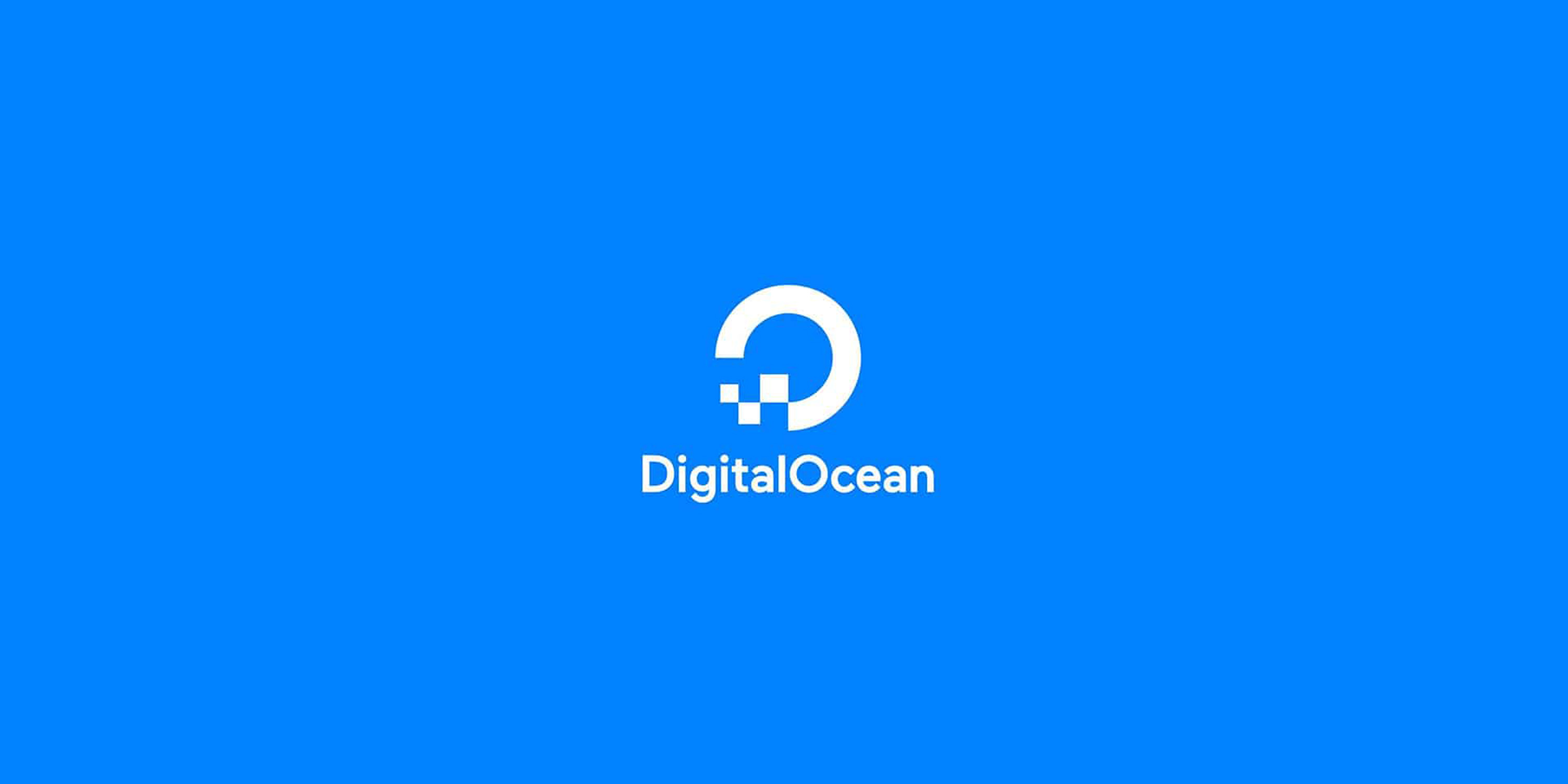
Digital Ocean
Currently the richest, most active place online, in my opinion, where you can read articles dedicated to computer science. A vast amount of contributors publish new content daily, from coding to data-structures, from networks to databases. A great place to start no matter what knowledge needs you may have in computer science.
- Writing quality: 5
- Consistency: 5
- Longevity: 4
- Technical depth: 5
- Broad usefulness: 5
- Overall score: 4.8
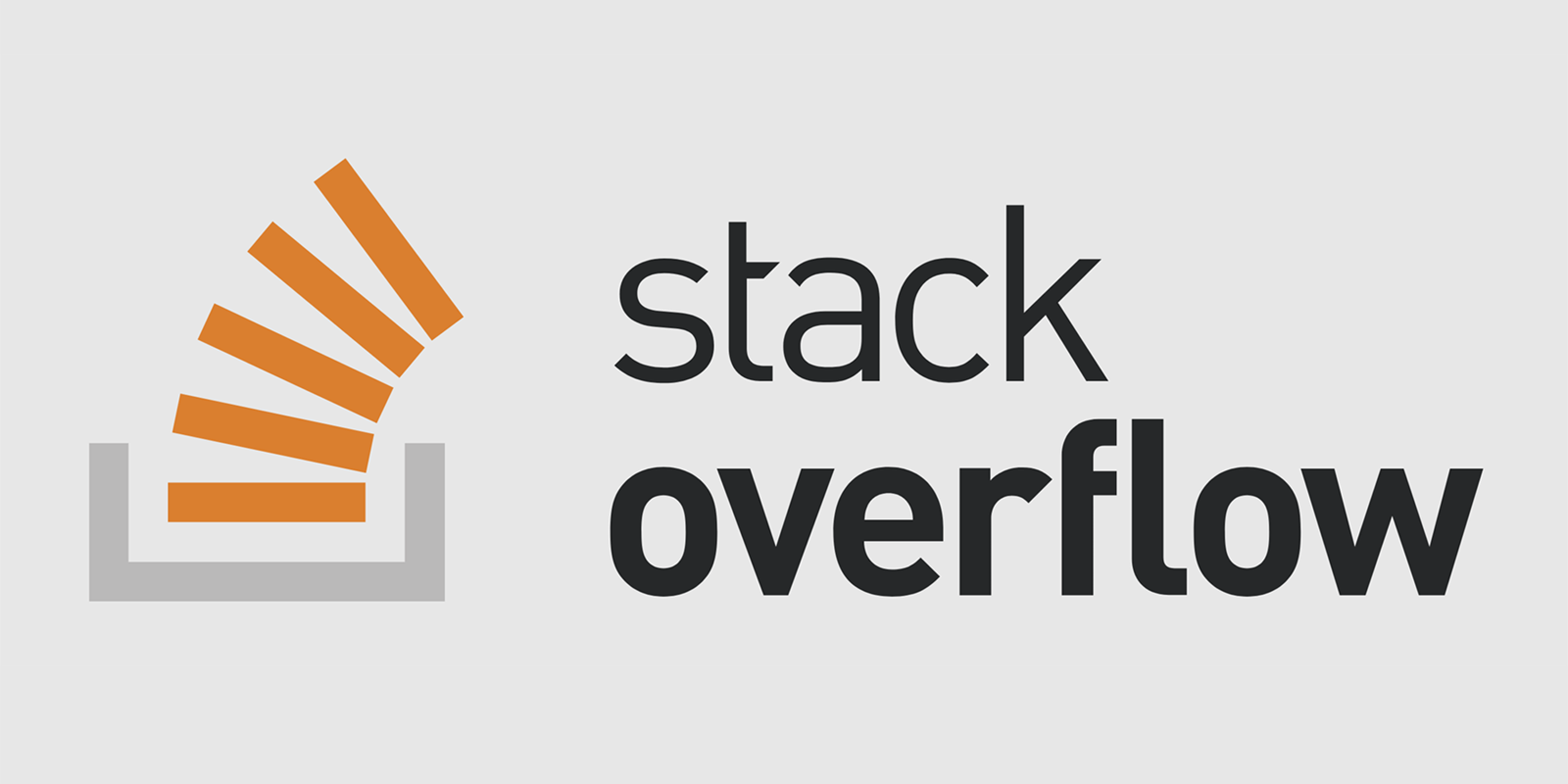
Stack Overflow
Stack Overflow always keeps its promise to solve your technical problems. That’s true not only for their forum, but also for their blog, which publishes great, daily articles about computer science topics of all kinds, but with special regard for programming languages. Our founder Karl Hughes has also been a contributor.
Writing quality: 5
Consistency: 5
Longevity: 3
Technical depth: 5
Broad usefulness: 5
Overall score: 4.6
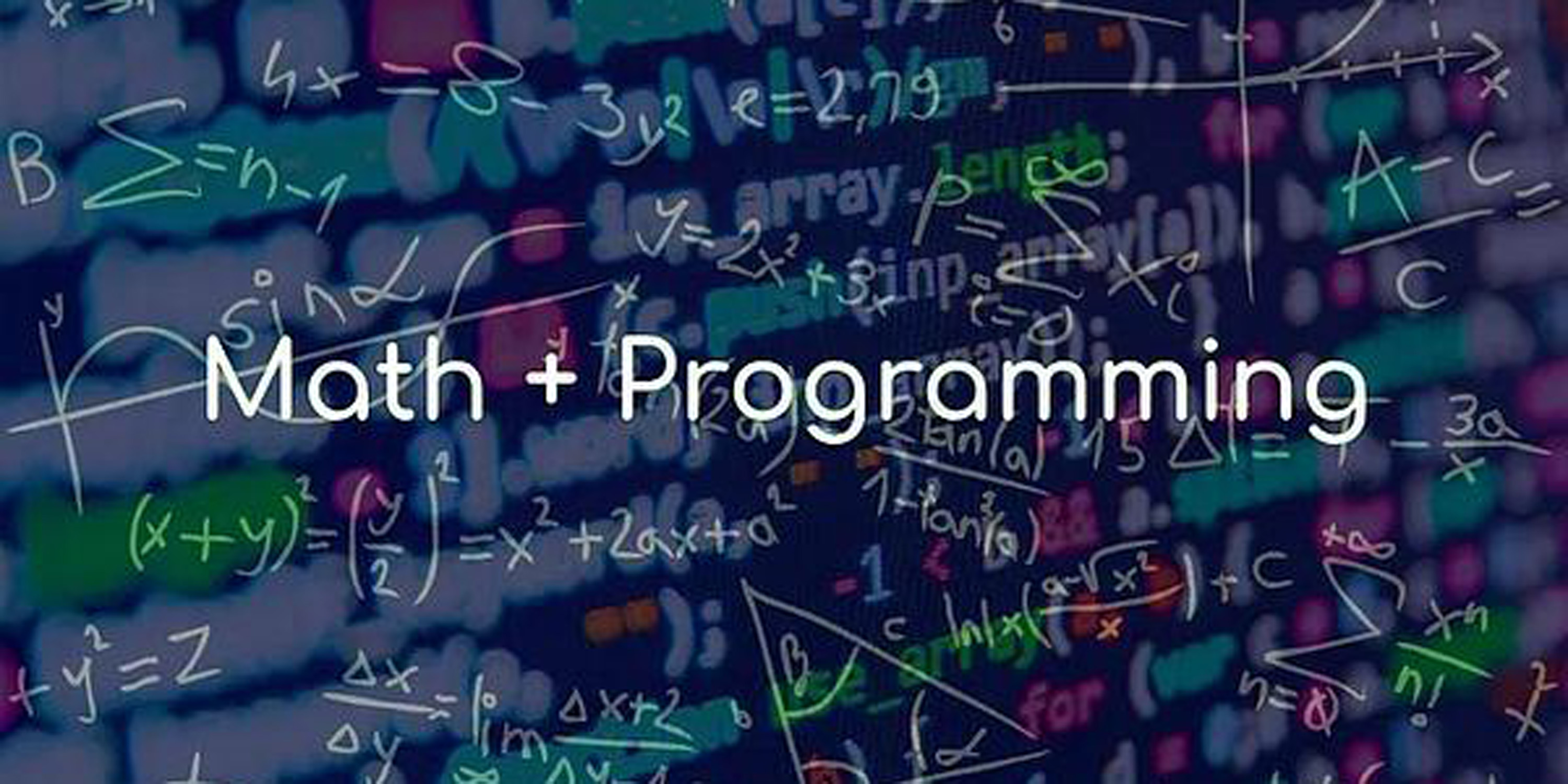
Math + Programming
Here, Google engineer Jeremy Kun talks about math and programming, with particular focus on the relationships between, well, math and programming and how they’re tightly tied together in the world of computer science. Not a very active blog anymore, but I found his content extremely interesting and the library of articles quite vast for a single author.
Writing quality: 4
Consistency: 2
Longevity: 4
Technical depth: 5
Broad usefulness: 3
Overall score: 3.6
